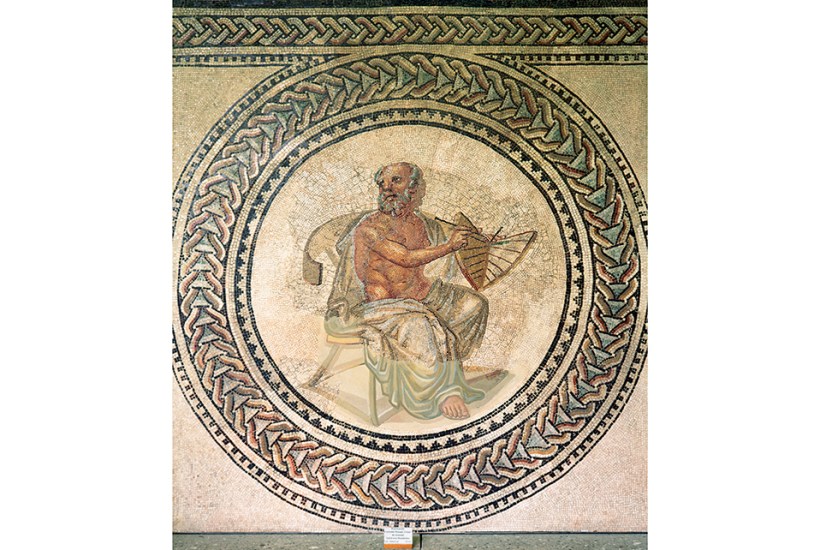It’s a daring thing to write a whole book about a man while confessing early on that ‘we know almost nothing of his readings, life, character, appearance or voyages’, and of whose writings only a three-line fragment survives. Luckily, as with many ancient authors, the works of the 6th-century BC philosopher Anaximander are described in subsequent treatises, and a resourceful writer can infer much from this evidence about what might have been ‘the first great scientific revolution in human history’.
Already a subscriber? Log in
Subscribe for just $2 a week
Try a month of The Spectator Australia absolutely free and without commitment. Not only that but – if you choose to continue – you’ll pay just $2 a week for your first year.
- Unlimited access to spectator.com.au and app
- The weekly edition on the Spectator Australia app
- Spectator podcasts and newsletters
- Full access to spectator.co.uk
Unlock this article
You might disagree with half of it, but you’ll enjoy reading all of it. Try your first month for free, then just $2 a week for the remainder of your first year.














Comments
Don't miss out
Join the conversation with other Spectator Australia readers. Subscribe to leave a comment.
SUBSCRIBEAlready a subscriber? Log in